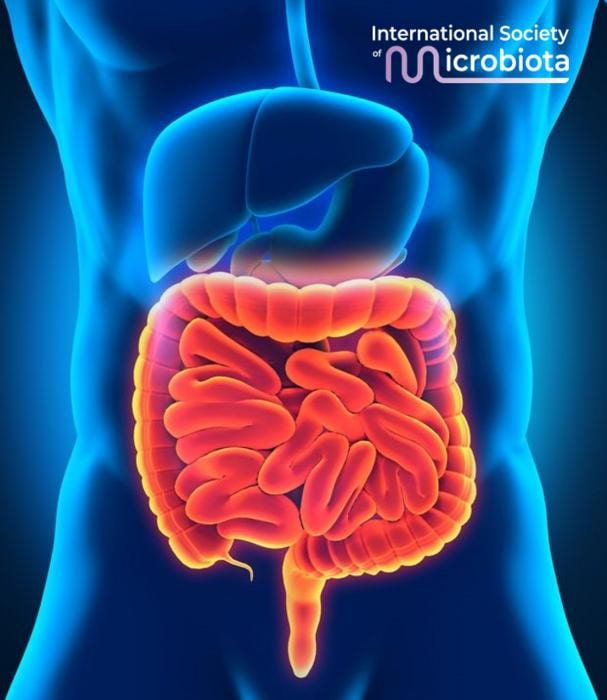Your Friends Might Be Influencing Your Gut Microbiome, Study Finds

A groundbreaking study published in Nature suggests that the people you spend the most time with may influence the composition of your gut microbiome. Social connections, especially those involving face-to-face interactions or shared meals, are linked to the sharing of microbial strains, according to the researchers. This study highlights a previously underestimated connection between our social lives and biological systems.
The research involved nearly 2,000 adults living in 18 isolated villages in Honduras, where participants followed a traditional diet and had minimal exposure to antibiotics or modern medications. The researchers found that people who shared meals or spent more time together had significantly higher rates of microbiome sharing. Relationships based on trust and frequent interactions appeared to be the strongest predictors of microbiome exchange, even when accounting for factors like diet, water sources, and medications.
Interestingly, individuals in more intimate relationships, such as mothers with their children, showed the highest rates of microbial sharing. This finding aligns with existing knowledge that mothers transmit microbes to their children during childbirth. In contrast, gregarious individuals with larger social networks exhibited less similarity to their connections, suggesting that the breadth of their interactions dilutes the microbiome exchange with any one person.
“Think of how different social niches form in a place like a university,” explained co-lead author Jackson Pullman. “You have groups centered on shared interests like theater, sports, or academics. Our study shows that these social groups might be connected in ways we never imagined, even at the microbial level.”
This study provides compelling evidence that the microbiome is influenced not only by individual factors like diet or health but also by our social environments. It underscores the interconnectedness of human relationships, which extend beyond the social sphere to the microbial world. Researchers believe this could open up new pathways for understanding how social structures impact health and disease through the microbiome.
Source: https://www.nature.com/articles/s41586-024-08222-1
© International Society of Microbiota
























































